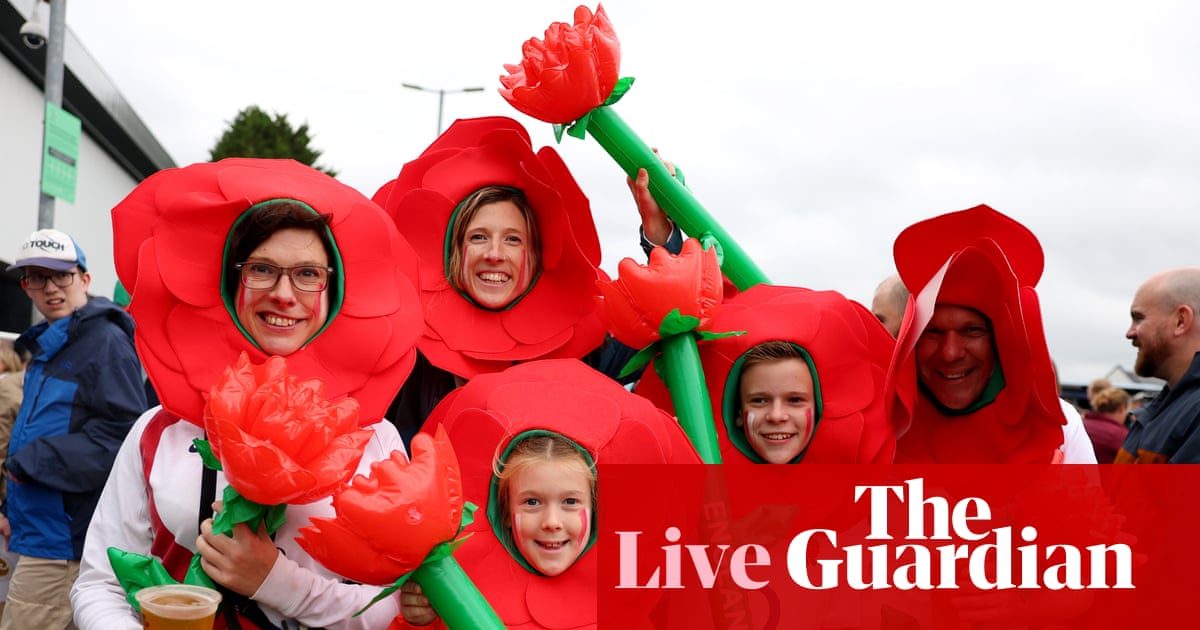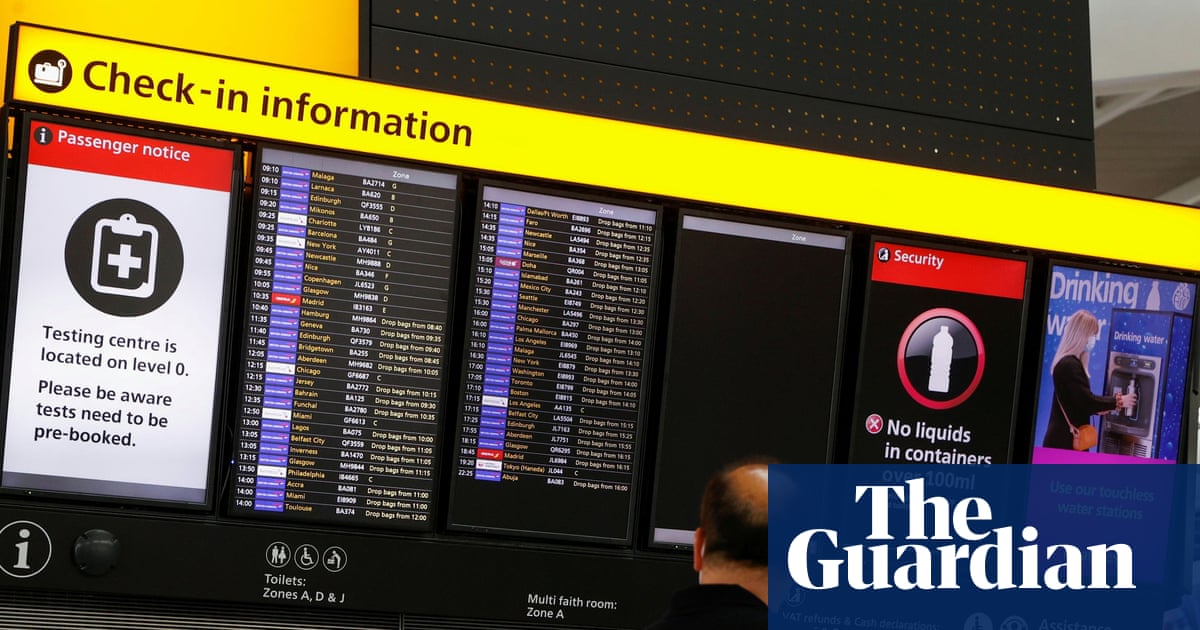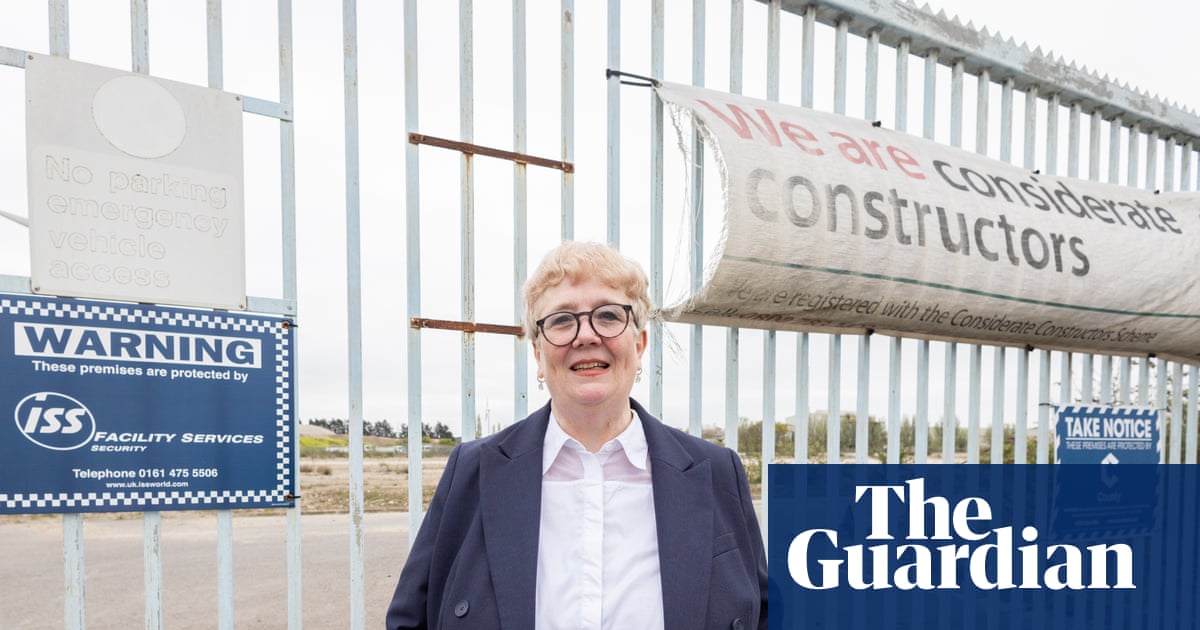Bridget Phillipson has expressed concern at the UK’s falling birthrate, with the education secretary saying she wanted more young people to have children.
In an article for the Daily Telegraph, written to promote a government policy of providing new nursery places inside about 200 schools across England, Phillipson said she hoped to make it easier for people to have children.
The fertility rate in England and Wales is now at 1.44 children per woman, the lowest since records began in 1938 and below the figure of about 2.1 needed to maintain a population. The number of babies born in 2023 was the lowest since 1977.
In the article, Phillipson said the falling birthrate was “a trend which has worrying repercussions for society in the future, but tells a story, heartbreakingly, about the dashed dreams of many families”.
She went on: “It’s why I want more young people to have children, if they so choose; to realise the ordinary aspiration so many share, to create the moments and memories that make our lives fulfilling: having children, seeing them take their first steps, dropping them off at their first day at school, guiding them on their journey into the world of work or taking them to university for the first time.”
Phillipson’s comments are reminiscent of entreaties by a series of European leaders for people in their countries to have more children, although hers are expressed as a hope to increase people’s opportunities for children should they want to.
While the total number of women of childbearing age is the highest ever, research shows that many people are wary about having children, often because of financial or housing pressures, as well as changing social attitudes.
In her article, Phillipson noted the changed economic and social circumstances in which more than three-quarters of mothers of dependent children had paid jobs, requiring help with things such as childcare.
“But at the same time, the cost of living has soared, dominated by the vast increase in the cost of housing,” she wrote.
“A generation of young people has been thinking twice about starting a family; worried not only about rising mortgage and rent costs, wary not only of the price of fuel and food but also put off by a childcare system simultaneously lacking in places and ruinously expensive.”
Reform UK has previously called for policies to help people have more children, such as abolishing the two-child limit for some benefits and some tax breaks, but Phillipson described these as “back-of-a-fag-packet solutions that crumble under the slightest scrutiny”.
She contrasted these with what she said was a series of family-friendly Labour policies, including the plan for about 200 school-based nurseries to open in England from September, intended to accommodate 4,000 children under school age.
This will be expanded later in the school year to 300, adding to other measures aimed at helping parents such as free breakfast clubs, more free hours of childcare, an expansion of free school meals and a cap on school uniform costs.

 2 months ago
58
2 months ago
58

















































